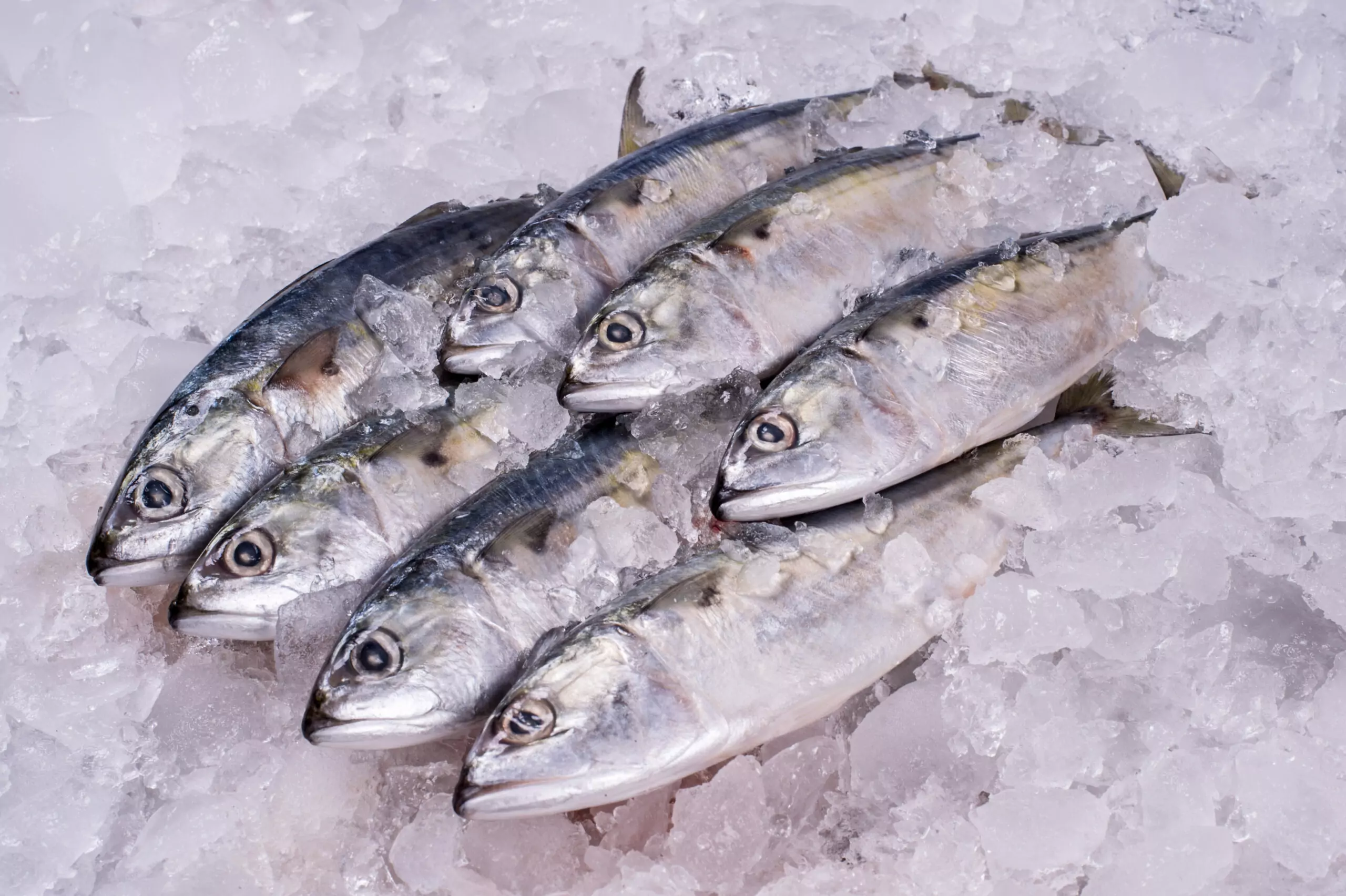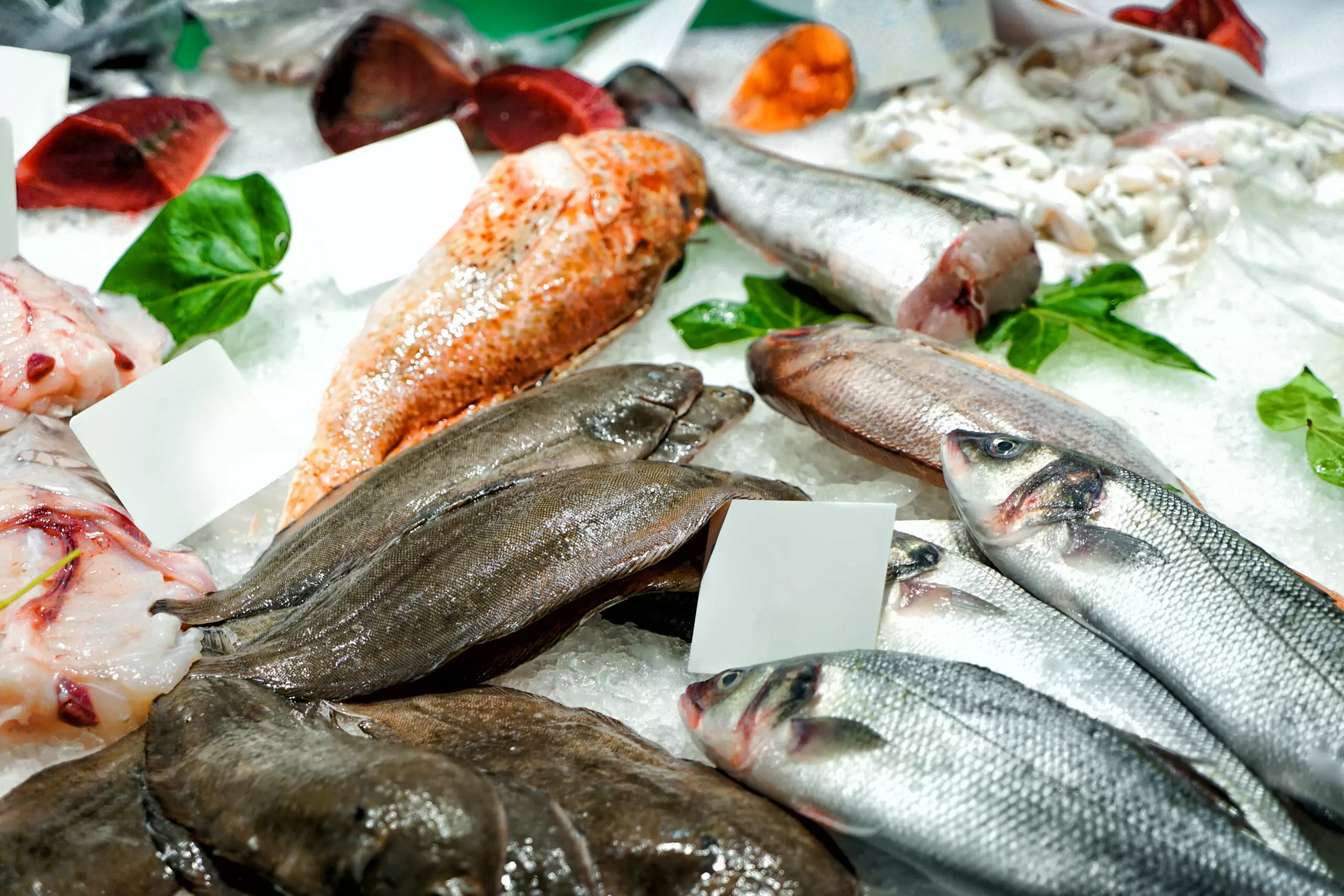An ethically conscious business is always on the search for ways to conserve our natural resources. We strive to produce high quality products to fit the needs of our consumers, yet we make every effort to reduce waste, lessen our carbon footprint, and protect the environment. There are many ways we’ve become efficient with the former and have employed effective programs to reduce packaging, use more eco-friendly materials, and better manage large-scale recycling and composting. But an operating business needs energy. Even with ever-evolving technology, it’s tough to get what we need while contributing very little carbon emissions.
There have been recent developments to craft an exciting solution to our ethical energy dilemma. We’ve known for years that algae has the ability to sequester (take up) carbon dioxide and feed off of it, but we had yet to create a system where we could manage this process efficiently on a large scale. New research over the last few years has created great potential for us to utilize the power of microalgae – not only for capturing CO2, but also creating prolific microalgal cultures that can be harvested and used as a clean biofuel.
The CO2 problem
We’re all familiar with the term “climate change” and how it came to be. Our carbon emissions are contributing to massive shifts in the atmosphere and causing extreme weather patterns that may threaten not just coastal communities, but also the underwater communities that millions of people rely on for food and jobs. We are only just discovering the terrible implications of ocean acidification, the other CO2 problem which harms the ability of organisms to grow shells and skeletons, and causes fish to behave strangely.
It’s one thing to understand the carbon dioxide problem; it quite another to craft effective and efficient solutions. It takes time, lots of money, intra- and international agreements, and ambitious initiative to solve the issue of global carbon emissions. Luckily, there is immense and growing interest in the possibility of using microalgae as a CO2 scrubber and biofuel across the globe. The potential behind this microscopic protist is tremendous, but it will likely take a few more years of research to make it a viable system for wide-spread use.
That slimy green stuff
When considering microalgae, it’s not at all appealing. We enjoy eating it’s larger cousin in the form of dried seaweed, as snacks and wrapped around our sushi, but the single-celled version we’re talking about here is very different. Microalgae are just that – microscopic. The only time we really see them with the naked eye i,s when they bloom, or receive a specific mixture of sunlight and nutrients that allow them to multiply, creating those slimy green mats we see floating on the water’s surface. This form of algae, also known as phytoplankton, actually produce half of the world’s oxygen by soaking up the sun’s rays and carbon dioxide.
Let’s revisit that statement – microalgae has the natural tendency to capture CO2. This is the secret to a cleaner, healthier future for humans, earth, and the oceans. If we can manufacture a system where microalgae cultures can take up CO2 as it is being emitted from a power-producing system that burns petroleum – such as any factories, planes, trains, and cars – we just may have found the perfect solution to stop climate change and reverse ocean acidification. There is even a beautiful side-effect: the algae that is created as a bi-product can then be transformed into a biofuel that burns clean without producing high amounts of carbon emissions. We can reduce and even eliminate our dependence on petroleum products. Microalgae can be grown quickly, given the right amounts of nutrients and sunlight, making it a perfect renewable product that would very likely be more cost-effective than petroleum. We could also “grow” our own fuel domestically, reducing our reliance on foreign oil.
The challenges
As with any revolutionary product, there is a mountain of challenges in the way. We still have not truly created a microalgae system that can be distributed and used commercially. Research institutions have had trouble with these systems being expensive to install, and the return on energy costs does not yet offset the cost of installing them. They take up a large amount of space and productivity is often not optimal. The microalgal need an immense amount of water and the CO2 needs to be bubbled through the cultures, making the system time-consuming and inefficient. Harvesting the microalgae for the transformation to biofuel is also time-consuming and labor-intensive. These challenges have made it very difficult for us to create something that can be used for large-scale businesses and factories. It’s a fantastic idea that has proven to be less than ideal in reality.
A promising future
With these challenges in mind, it is essential to note that we are making immense strides in microalgal technology. President Obama dedicated $24 million to research on how to make such biofuels economically feasible on a commercial scale. There are top-notch research institutions in California that are dedicated to researching how microalgae systems can most effectively take up CO2 and be converted to biofuel and protein-rich animal feed. A project funded by the EU has been researching alternative systems that allow CO2 absorption from either gas or liquid phase, reducing the need for massive amounts of water. This system will also automatically and continuously harvest the microalgae, optimizing the biofuel potential. These factors combined should create a microalgal system that will be cost effective for businesses to install and operate. Two organizations in Spain have formed a partnership and supposedly created a revolutionary system for CO2 capture and microalgae cultivation. We hope they will bring their successful research to the U.S. as well!
The developments are very exciting and give us hope that one day our businesses can run off of energy created by microalgal biofuel while our carbon emissions will be soaked up to sustainably create more clean biofuel. It’s inspiring to see so much effort going into creating a sustainable system to reduce global carbon emissions. Microalgae has such promise to create a more eco-friendly and ethically conscious global society, but the work must continue to create better systems. At Pucci Foods, we understand the incredible value of creating a more sustainable future for businesses like ours. We strive to provide sustainable seafood products for our consumers while only having a minimal impact on the environmental. Join us in hoping for solutions that will help protect and conserve our natural resources.


